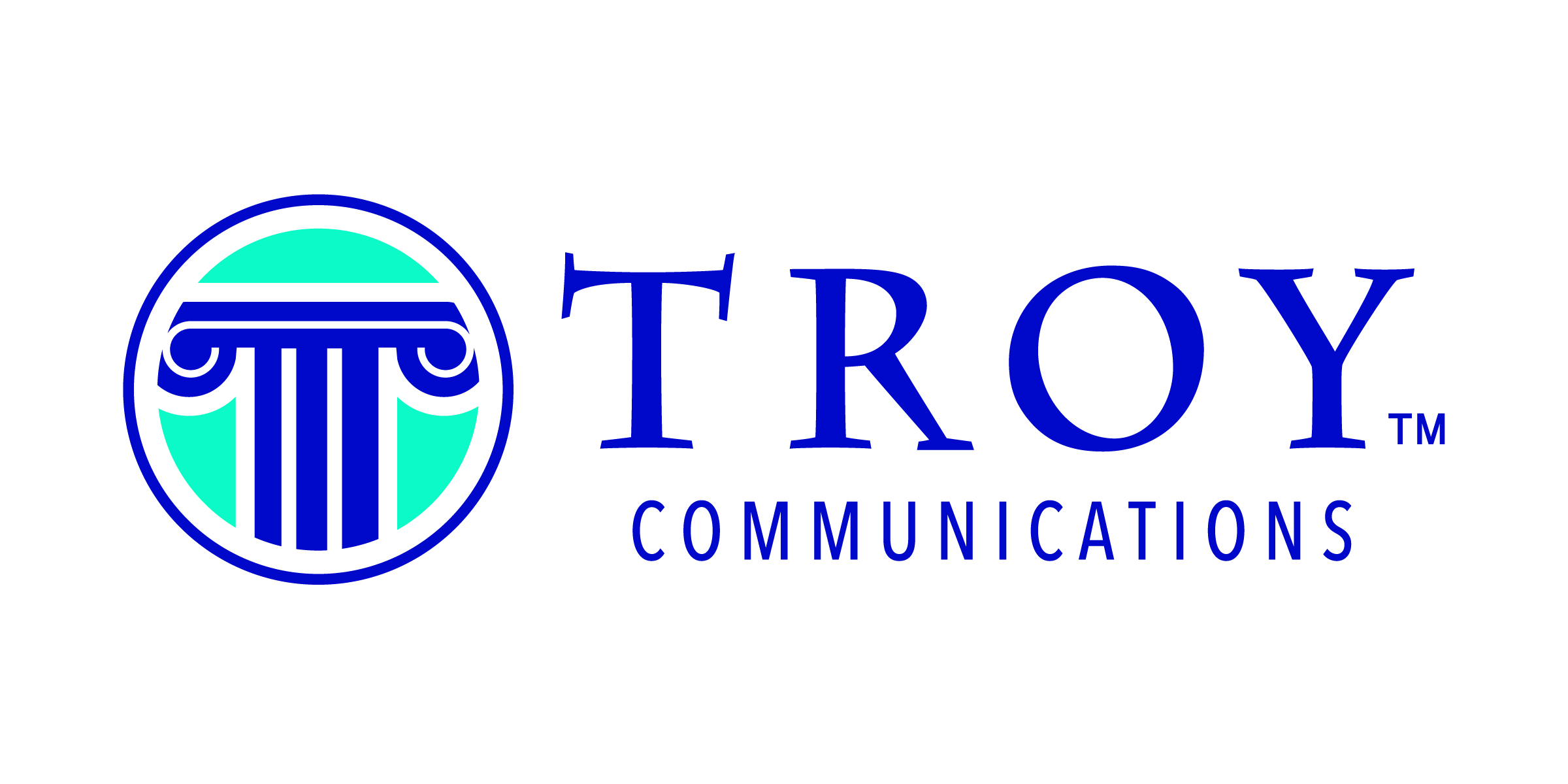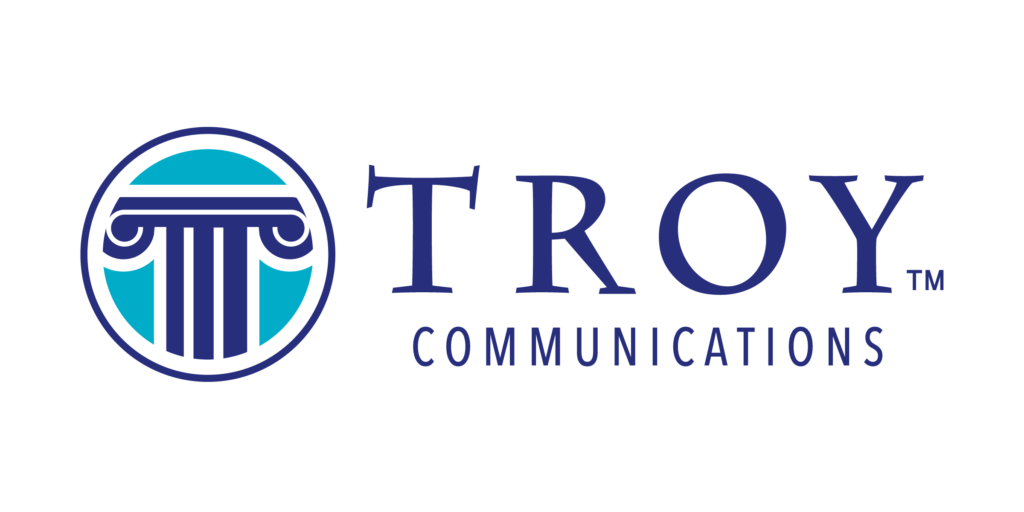By Tasha M. Troy
In 2004, I began a new phase of my teaching career by joining the teaching staff at a multinational corporation based in South Korea. Our students were mid-level managers and mid-career professionals, and I quickly learned a new set of classroom management strategies that incorporated respect for their positions and experience while still giving constructive feedback.
In 2010, the necessity for giving gentle and diplomatic instruction was intensified as I joined a program in the US teaching professional communication skills to naturalized US citizens. Not only were these experienced professionals, but they had also been in the United States for several years and had developed sophisticated compensation strategies that led many of them to overestimate their English proficiency. Several of these accomplished adults experienced an identity crisis when faced with the reality of their language weaknesses, and only a gentle approach could reach them.
Keys to Gentleness: Vulnerability & Understanding
One key to treating people with gentleness is having personal humility and vulnerability. Brené Brown, in her TED Talk “The power of vulnerability,” describes how the people who are best able to connect with others have embraced vulnerability, have owned their imperfections, and have developed a humility that enables them to approach others with kindness and gentleness.
I believe a key to treating people gently is to understand the other’s perspective. In his book Getting More: How You Can Negotiate to Succeed in Work and Life, Professor Stuart Diamond describes how important it is to connect with people you are attempting to work with, not on the basis of cold reason but through truly understanding what is important to them.
He explains that when attempting to persuade someone, “you have to understand the pictures in their heads: their perceptions and feelings, how they view you and the rest of the world.” He encourages his students (and readers) to ask a lot of questions when they are dealing with people they would like to persuade. He goes on to list fourteen elements of effective communication, most of which relate to showing the other side that you value and respect them.
Of course, not all communication is created equal. In my classes, we spend some time talking about the value of “diplomatic language” – speaking in such a way as to soften statements and to express value for the other person through polite language. The more tense the situation, the more “diplomatic” you need to be. This is not so much about how you feel; you may be very upset, but raising your voice and using overly direct language will not enable you to connect with the other person. However, “a gentle answer turns away wrath.”
Take It Deeper
If we want to connect with people with different perspectives, we must approach them with gentleness. Otherwise, we risk coming across as harsh and judgmental.
I highly encourage you to begin practicing gentleness in all your communications.
If you would like to go deeper on this topic, I hold free exploratory coaching sessions on Fridays. You can register online at Troy Communications or email me to schedule an appointment at TMTroy@TroyCommunications.Net


